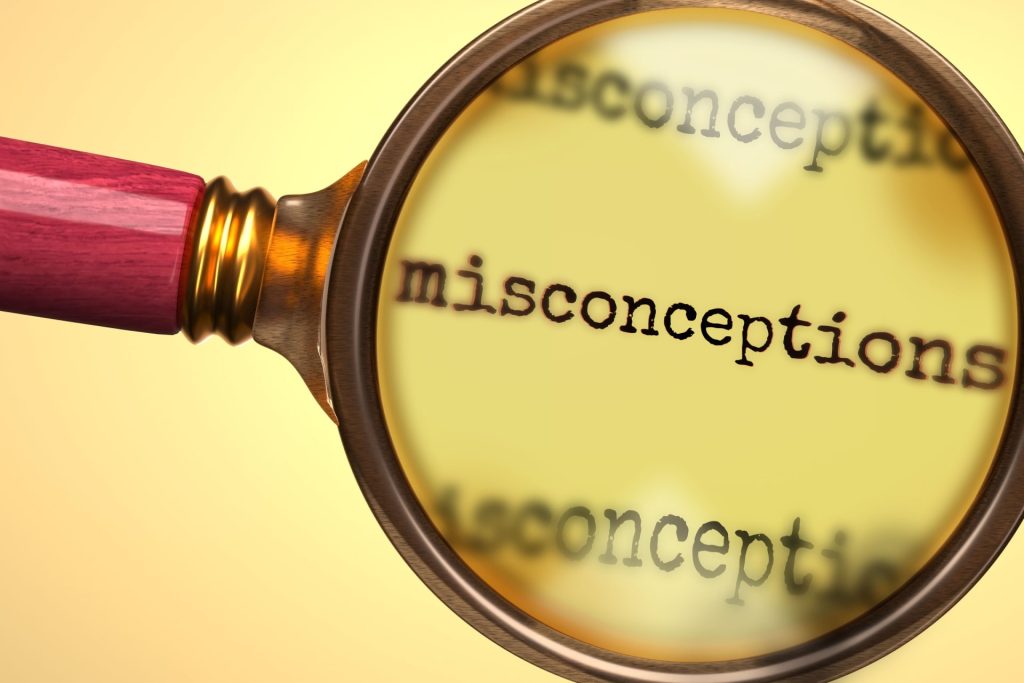Estate planning involves making lots of decisions about the future, particularly about how you’ll distribute your assets. A revocable trust can be a good choice if you want to have more control over how your assets and property are used during your lifetime. A trust also provides additional privacy for your family.
One of the reasons people choose to set up a revocable trust is to reduce estate taxes and avoid the probate process altogether, allowing their beneficiaries to start collecting their benefits much more quickly.
How Does A Revocable Trust Work?
Trusts are set up to transfer assets from the person setting up the trust (the grantor) to the people or organizations they designate (the beneficiaries). A trustee is designated to administer the trust. A revocable trust is a flexible legal structure that allows the grantor to change the terms or revoke the trust at any time before their death.
While the grantor is still alive, the assets are still considered personal assets and are subject to normal tax laws. After the grantor’s death, however, taxes will apply quite a bit differently.
What Taxes Will Beneficiaries Owe?
Since the assets included in a revocable trust are still available to the grantor, the trust does not require its own tax return. The assets are simply taxed via the grantor’s tax return. After the grantor’s death, however, the trust becomes irrevocable and has its own tax filing status.
Beneficiaries can receive benefits from the trust out of the principal balance or the income from those assets. When they gain principal assets, taxes aren’t required because they have been paid by the grantor.
Any income from the assets will be taxed as income, however, and the beneficiaries are responsible for paying it. If any interest income remains in the trust account, the trust is responsible for paying the income tax on it.
Do Estate Taxes Apply To Revocable Trusts?
Many people who consider setting up a revocable trust do so because they want to ensure that the legal process is simple should they become incapacitated or avoid the probate process after their death. A revocable trust won’t reduce estate taxes, however, unless the beneficiary is a charitable organization.
Is A Revocable Trust The Best Option?
In estate planning, there’s no one-size-fits-all solution. Revocable trusts offer flexibility, but they won’t protect your assets for the next generation. Everyone’s situation is different, and it’s important to discuss your options with a lawyer before you decide what’s right for you and your family.
To learn more about trusts, give our Worcester office a call to speak with our estate planning lawyer and discuss your circumstances. Our firm can help you choose the right option and help you set up a trust for the future.





